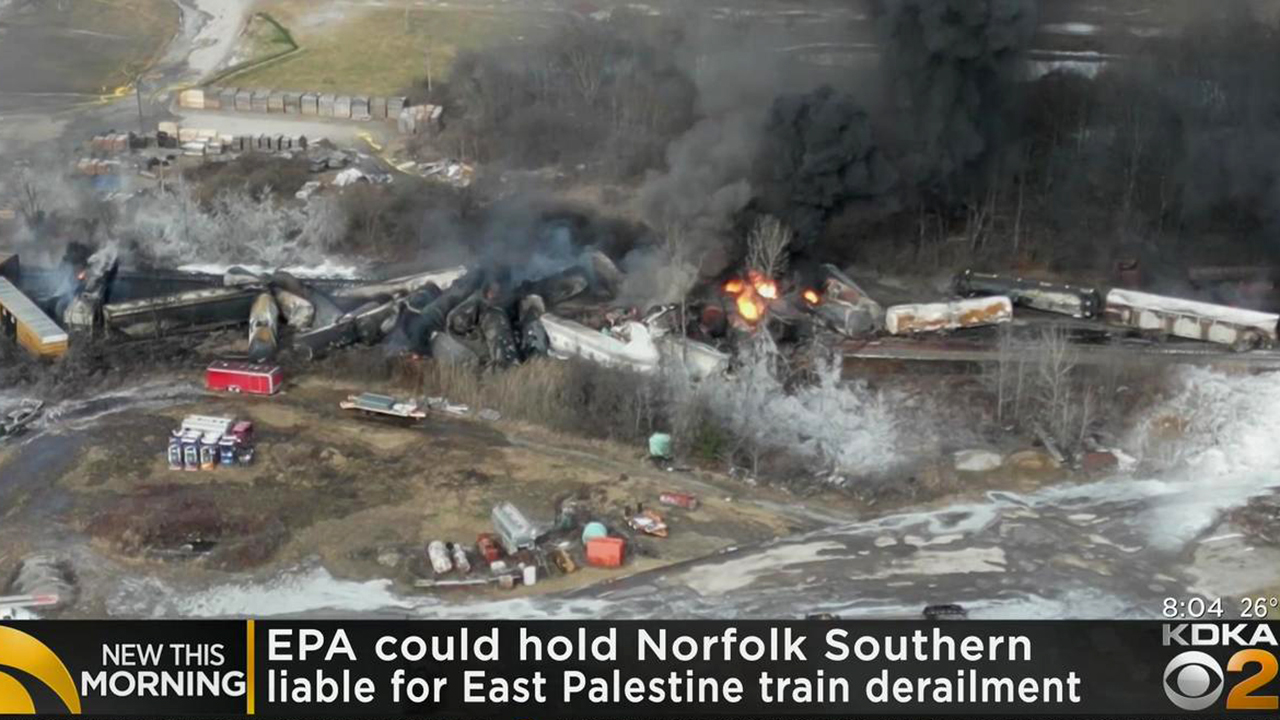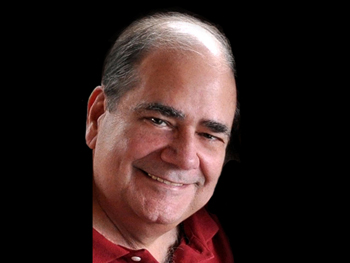
Words Are Cheap. Consequences Are Very Expensive
Written by Doug Riddell
The National Transportation Safety Board’s special investigation into Norfolk Southern is, unfortunately, a result of one of those instances when all the planets have aligned: Angry shippers venting their frustrations, dissatisfied employees are known their concerns about quality-of-life issues, politicians holding press conferences and hearings, and the public, which for years has had a general misunderstanding and a festering mistrust of the rail industry in general, have all pounced on this issue.
The head of NS, or any of the other carriers, has little more firsthand knowledge of East Palestine than the president of White Star Lines had about the sinking of the Titanic. In the eyes of the public, however, he represents the highest authority at the railroad, and he determines the policies taken by his company. If he or she can’t do something about the problem, then, who can? The answer, of course, is the government.
As such, the railroad president must do penance for all of the misdeeds that have occurred within the industry, including, as Railway Age Editor-in-Chief William C. Vantuono commented, being lectured by a cabal of politicians who wouldn’t know a brake shoe from a lace-up oxford.
As an industry, we may be making leaps and bounds in technology, but as corporate citizens, we’re still the caboose at the end of a long train that winds through communities, large and small, mostly in silence, except for occasions when the slack runs in, and we are forced to face the cameras and microphones. Social media is the distributed power that enables the unfamiliar, or unknown, to take on its own personality, which can be favorable or disastrous, depending on how we address problems. Incidents such as East Palestine have simply thrown gasoline onto the smoldering embers, creating an inferno.
Modernization of the industry has resulted in abandonment of just about all local contact in favor of faceless voices emanating from headquarters in some distant city. Railway Age’s late, long-time Senior Editor Gus Welty once told me that loss of the railroad’s physical presence in outlying communities was the reason that railroads were taxed so heavily. “Who are you going to raise the taxes on: Joe, the friendly local barber, or that big, rich, faceless entity, hundreds of miles away?” he said.
If we as an industry want to reclaim our standing, we’ve got to be more than a toll-free number, with a recorded message on the receiving end, telling everyone with a concern that their call is “very important to us.” Words are cheap. Consequences can be, and usually are, very expensive.

The grandson of a C&O Railroad conductor, Richmond native, and Virginia Commonwealth University mass communications graduate, Doug Riddell is a retired locomotive engineer and Amtrak company photographer, hired initially as a switchman by the Seaboard Coast Line Railroad in 1977. Riddell was a radio and television broadcaster who still does public speaking and commercial voiceover work, and is occasionally called upon to comment on railroad-related topics for network and cable television news. His exploits have served as the nexus for decades of anecdotal glimpses into the life of working railroaders that have found their way into books, magazines and documentaries. A published author, Doug’s first 1999 volume, “From The Cab: Stories From A Locomotive Engineer,” was an outgrowth of his monthly “From The Cab” column in Passenger Train Journal and RailNews. He published a poignant yet comical look at the late Eugene Garfield’s original auto-train, as well as a history of its successor, Amtrak’s Auto Train. Residing in Ashland, Va., where Amtrak and CSX trains ply the main line through the center of the picturesque southern college town, Doug and his wife, Sandy, a retired educator, are grandparents of twin boys, whose father follows in his father’s footsteps at a locomotive throttle.



